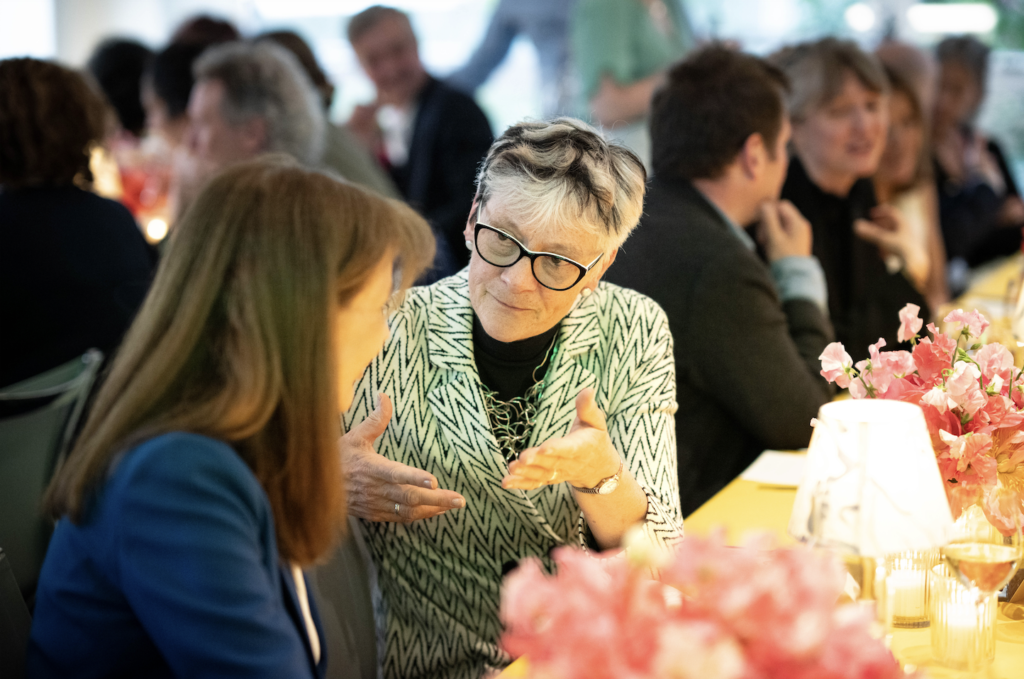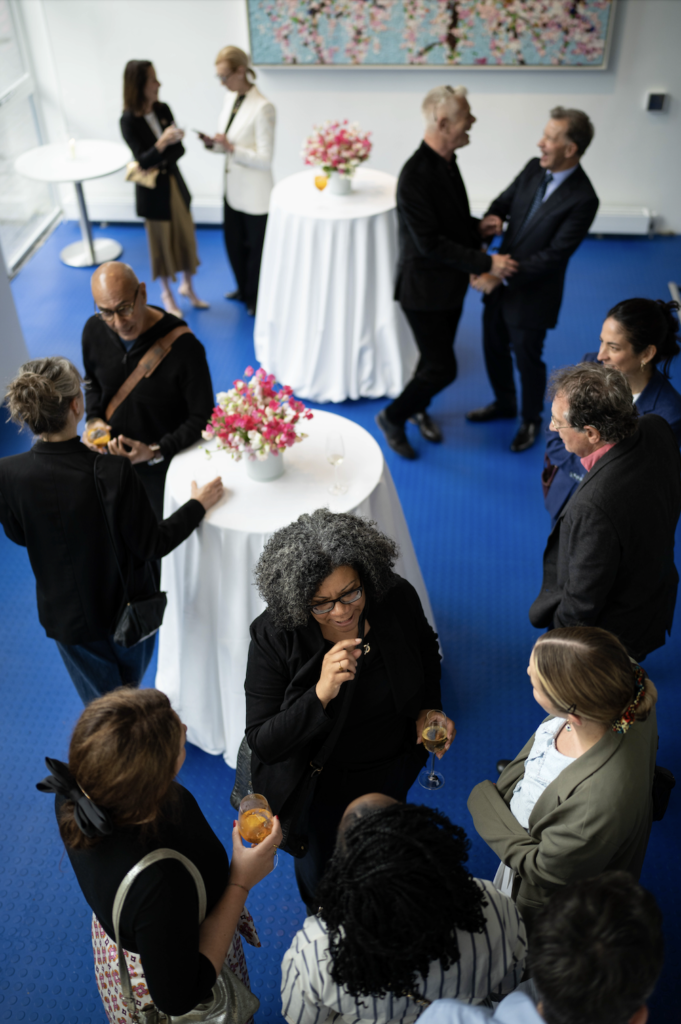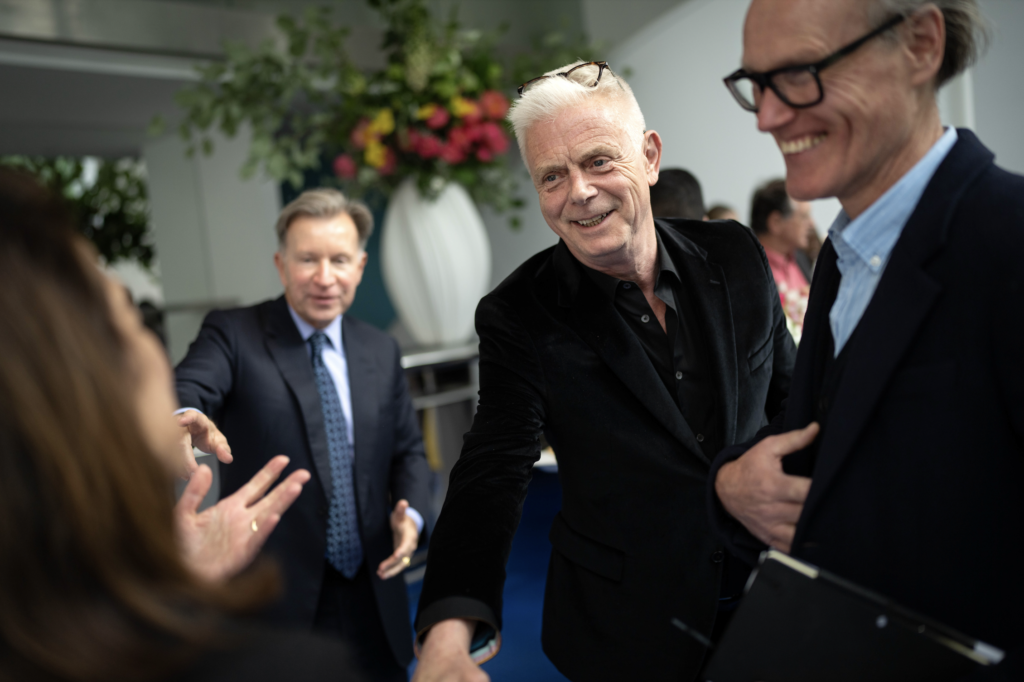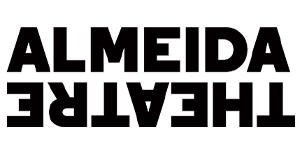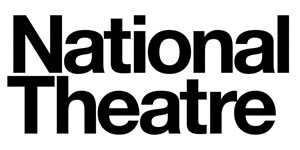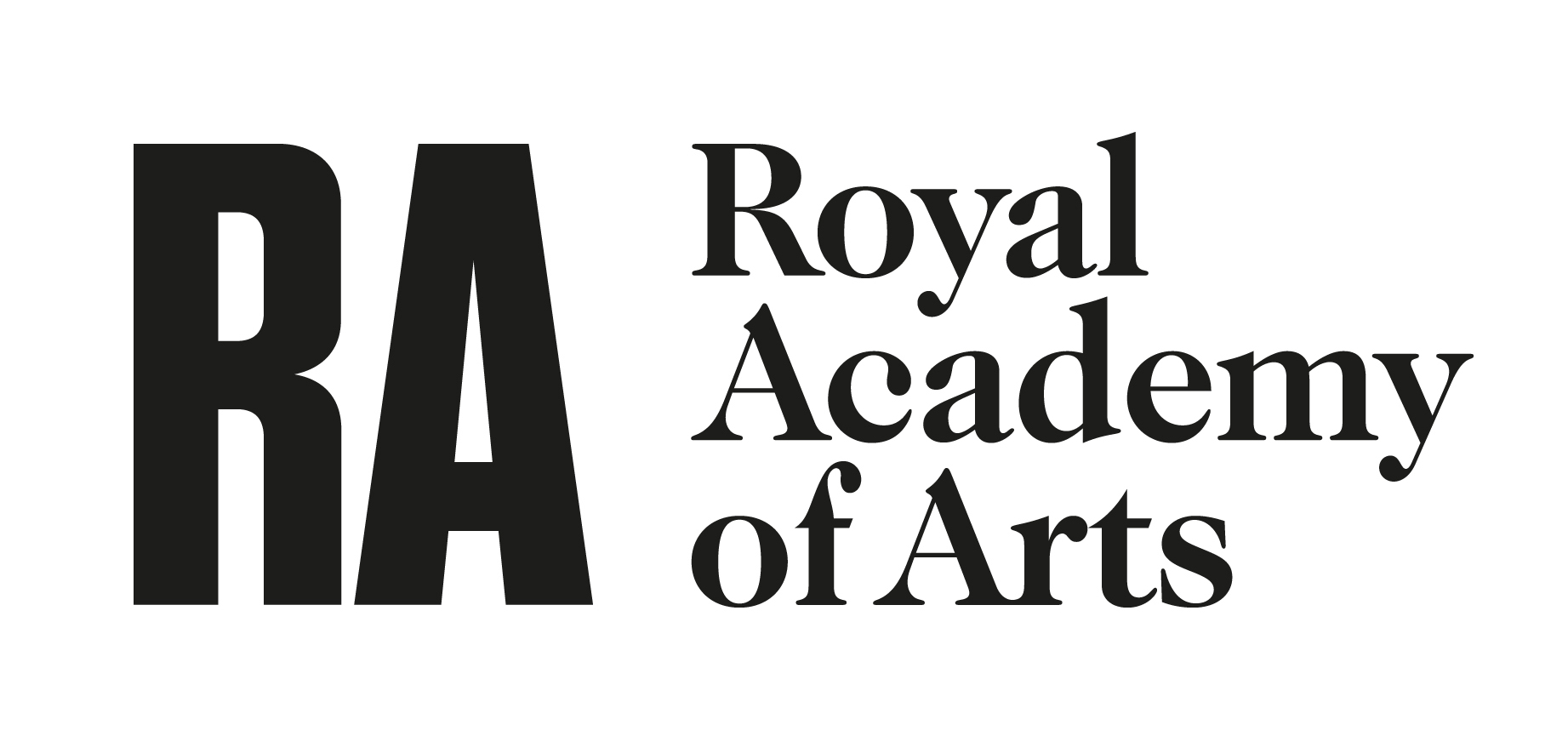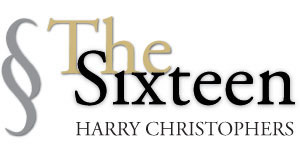Creative Industries Forum 2024
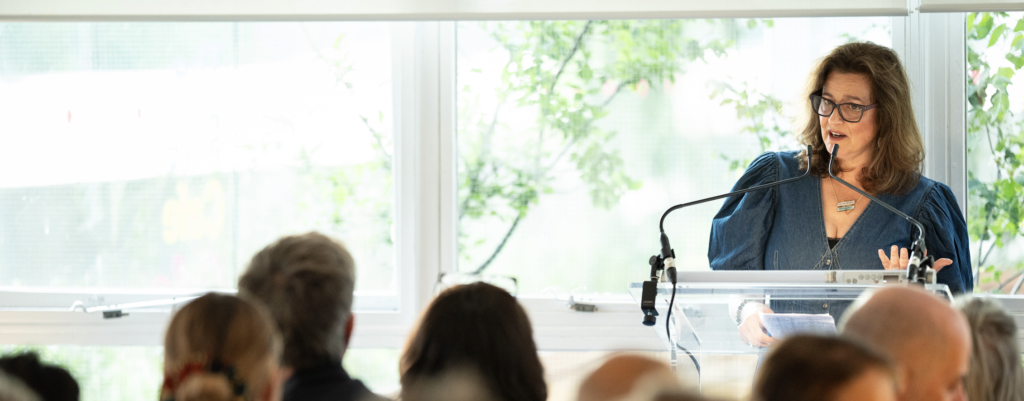
Routes and recommendations for the sector
Inaugural event: Rethinking the UK’s Creative Industries
River Café London, 30 May 2024
On 30 May 2024, the Genesis Foundation hosted the inaugural Genesis Creative Industries Forum, where 50 leaders from the arts, education and government came together to propose and discuss active solutions for the UK creative sector.
The Forum welcomed a healthy divergence of approach and opinion, but it gave rise to a consensus: now is the moment for structured collaboration across the different artistic genres and professional disciplines as the creative industries evolve to overcome challenges and generate new opportunities. It has become crucial to transform informed debate into strategy and policy – a creative process in itself.
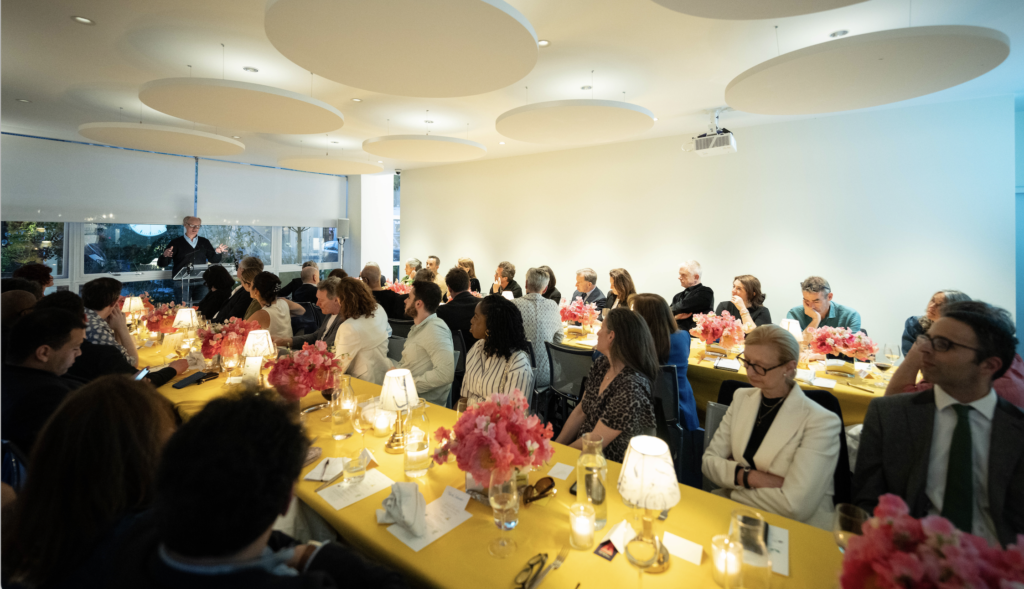
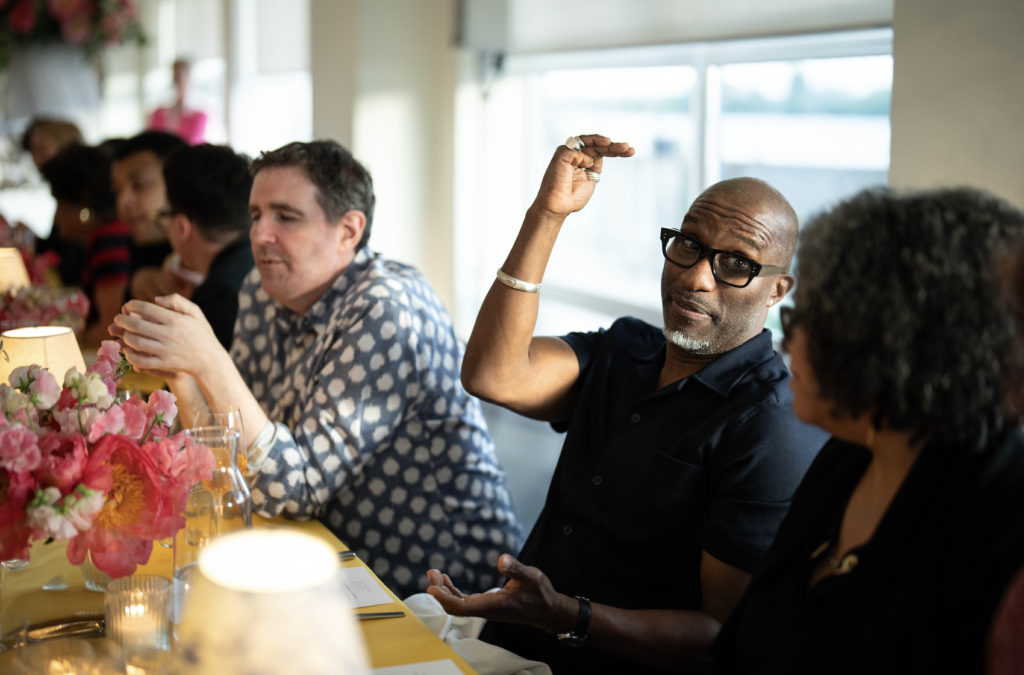
The Genesis Foundation has summarised key points made during the short speeches given by its Founder and Chairman, John Studzinski and by six of the guests, and during the group discussion that concluded the evening. These points have been grouped under four themes: Strategy, Collaboration, Audiences and Education. As yet, of course, these are not concrete proposals, but they reflect the sometimes differing views aired at the Forum and verbatim quotes from speakers are indicated with speech marks.
We hope that the Genesis Creative Industries Forum will serve as a springboard for the development of this strategy and collaboration, channelling the diversity of talent, opinion and experience that was present at the inaugural event, and offer compelling advocacy for the sector.
The event set some exciting wheels in motion. It is now a matter of maintaining and building momentum to achieve positive change. The Genesis Foundation is ready to take the (re)thinking forward.
STRATEGY
- There is a need for arts leaders to unite in clarifying and defining the sector’s aspirations and expectations to policymakers in government.
- The sector as a whole does not have a united strategy. There is a need to overcome intrinsic differences in scale, approach and objectives to formulate a strategy that encompasses all the sectors in the creative industries.
- Arts institutions should be led by artists/practitioners rather than administrators or producers, and with an eye to legacy and the future.
- Funding is, of course, crucial, but the key is that it be at least steady and consistent – even if the sums are not large, or not as large as they used to be. Consistency is the backbone of forward planning.
- The Forum’s discussions should move beyond trying to extract more money from the government which is unlikely to be forthcoming in the present, uncertain climate. Rather, the Forum should apply entrepreneurial thinking to the creative industries. That thinking is in itself creative.
- Should leaders in the arts sector “radically de-financialise their imaginations”. Would the arts do better to separate themselves from the cultural industries and call upon government to recognise their importance in other terms than their contribution to the country’s GDP – a strategy that has so far not proved successful?
- There is a need for stronger recognition of what the arts bring to other aspects of society – health, soft power and promotion, international relations, social cohesion, even criminal justice. A healthy culture will respect artists – and every citizen’s capacity to appreciate art and to be creative in their own way – as central to identity and policy.
- The arts can learn from the practice of business, just as businesses can learn from practice in the arts. There is a symbiotic relationship and a flow of talent between the subsidised and commercial sectors
- The creative industries account for 6% of the UK’s GVA (gross value added), but receive only 1% of their R&D spend from public sources. There is huge further potential for public-private funding that is deployed on a venture capital model, embracing the concepts of incubators and start-ups, with the aim of producing a return on investment.
- The What Next? movement perhaps exemplifies what true cooperation should look like: “it organises a weekly meeting of many arts leaders, with the collective muscle to engage in policymaking by inviting cabinet ministers, amongst others, to address meetings. It holds votes every week in about 35 locally organised chapters coordinated across the country.”
- Freelancers are a crucial and substantial part of the workforce in the creative industries, yet they have no formal representation in government. Do we need a government Commissioner for Freelancers?
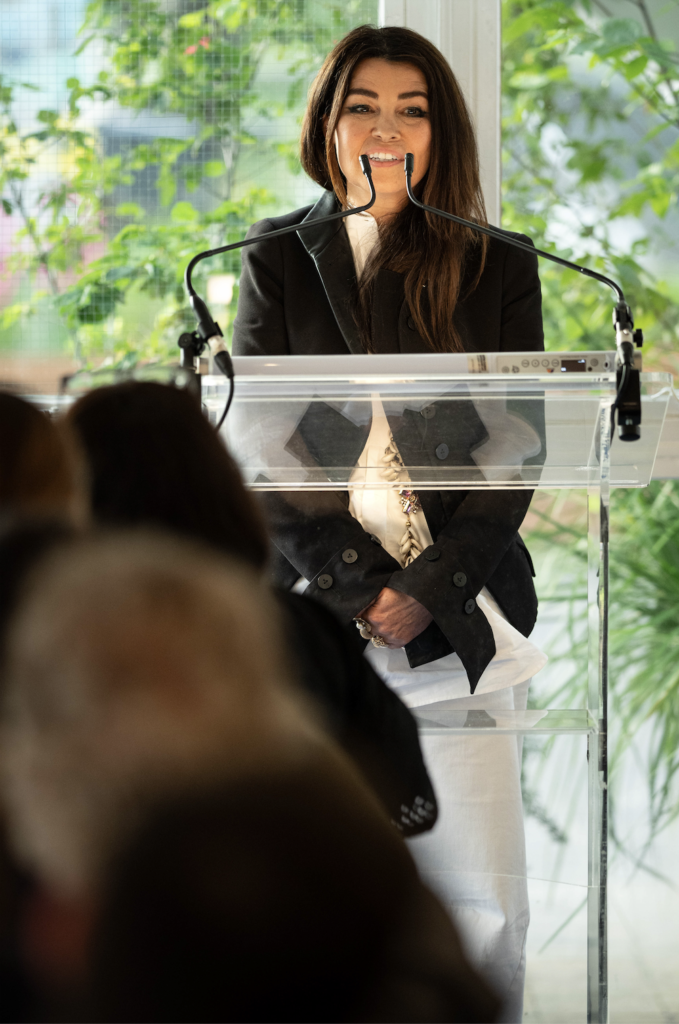
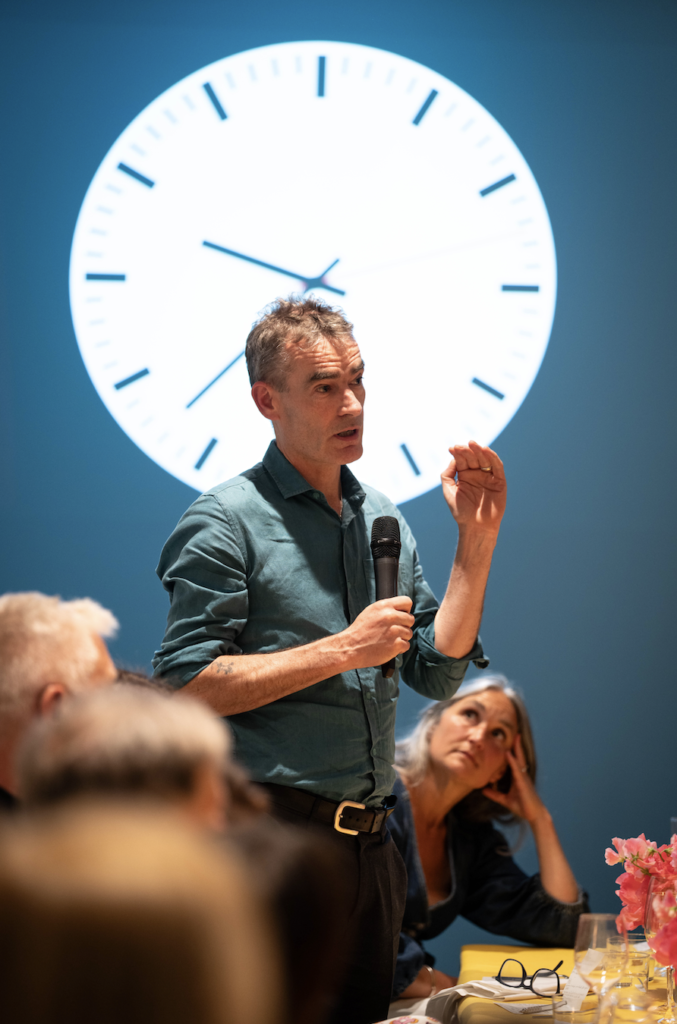
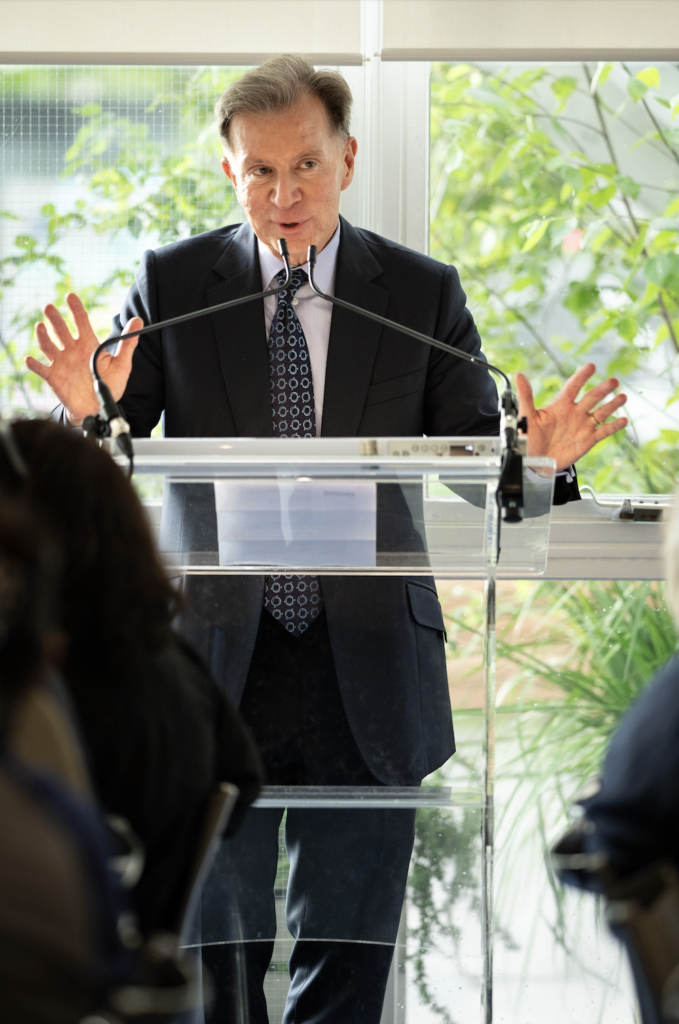
COLLABORATION
- The Genesis Creative Industries Forum assembles outstanding creative capital in one room, engendering purposeful conversation, collaboration and cooperation between representatives of different art forms and professional disciplines. Its spirit is practical, positive and pragmatic.
- Artists and arts organisations can and should collaborate in a hundred different ways without diluting their distinctiveness.
- “In the arts, there’s no such thing as “laborating” – everything is collaborating.”
- A quote from EM Forster’s Howard’s End: “Only connect! That was the whole of her sermon. Only connect the prose and the passion, and both will be exalted, and human love will be seen at its height. Live in fragments no longer.”
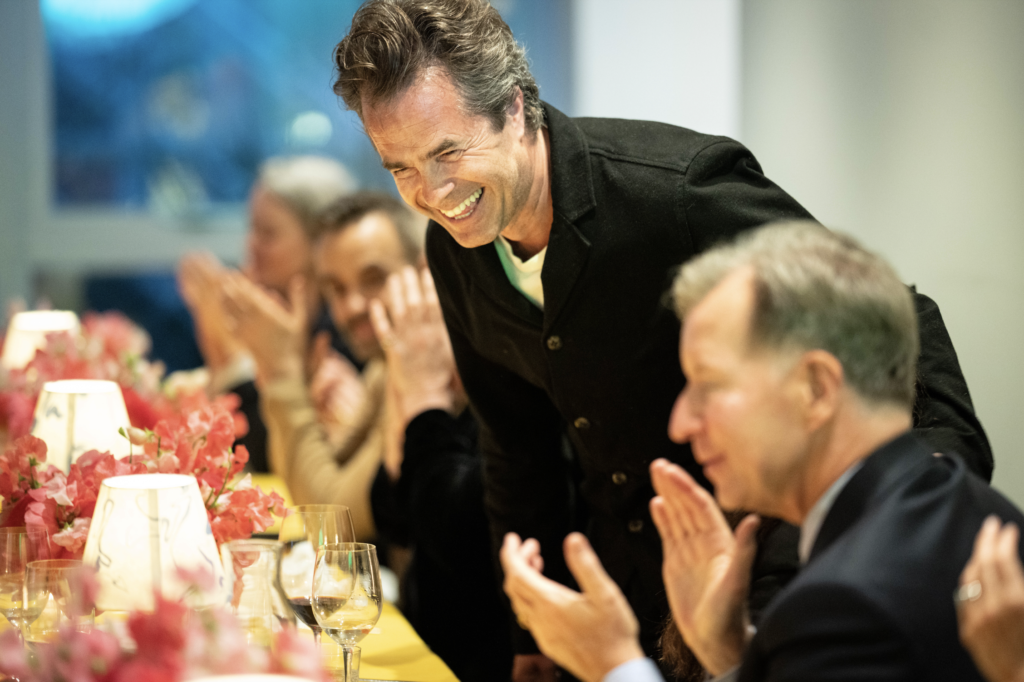
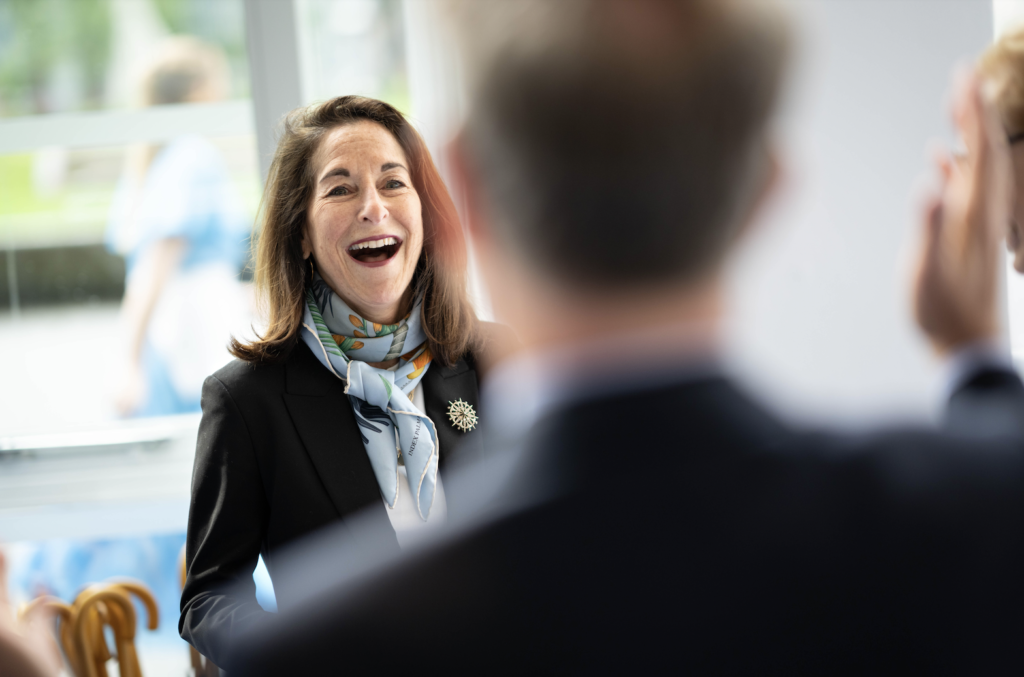
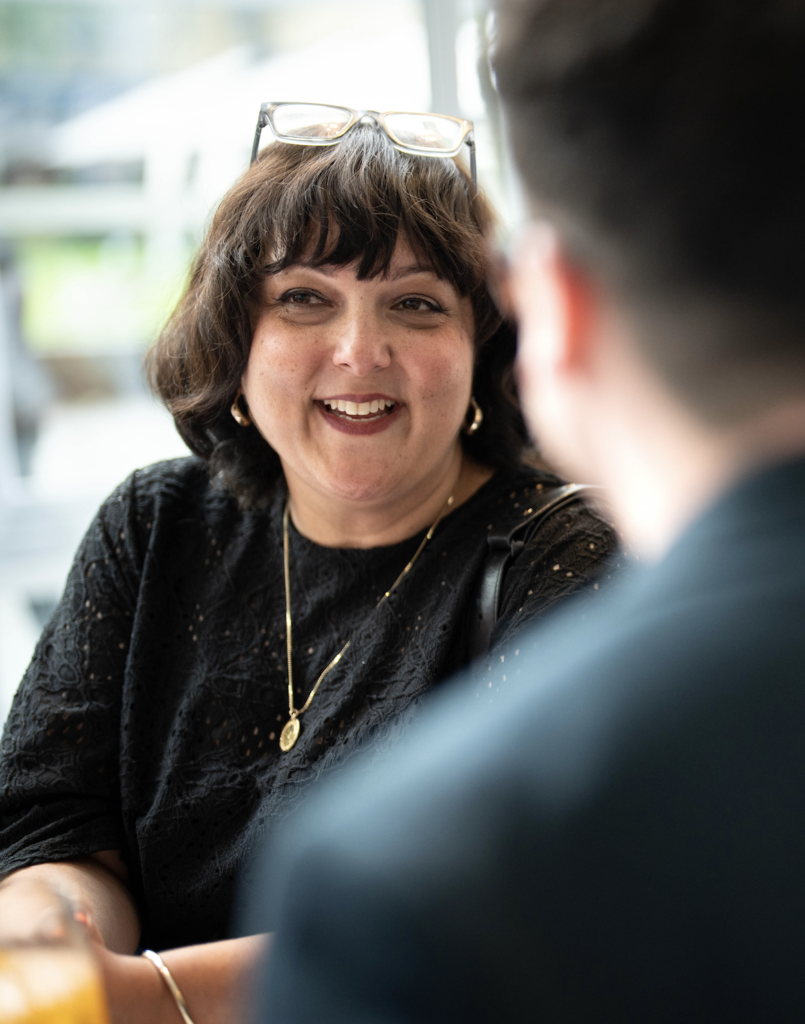
AUDIENCES
- “Many, many, many people in this country care passionately and deeply about the arts. Millions of people engage every year with the arts, and the answer is not something that we need to come up with in London … We need to think way more than we do about how we harness the profound emotional connection that literally millions of our fellow citizens feel about music, about dance, about performance, about visual arts, about all of it.”
- Competition is rife and organisations must fight for the visitor pound, but with the right spirit of open generosity, people will come.”
- There is a need to recognise that artistic institutions sometimes fail because what they are producing is simply not good enough.
- Accessible, open calls and open submissions are a way of interacting with the public (as audience members and creators) that keeps the dialogue alive and helps ensure that the sector’s practices are modern, disruptive, democratic and alive and that the country’s best creative forced get a chance to emerge.
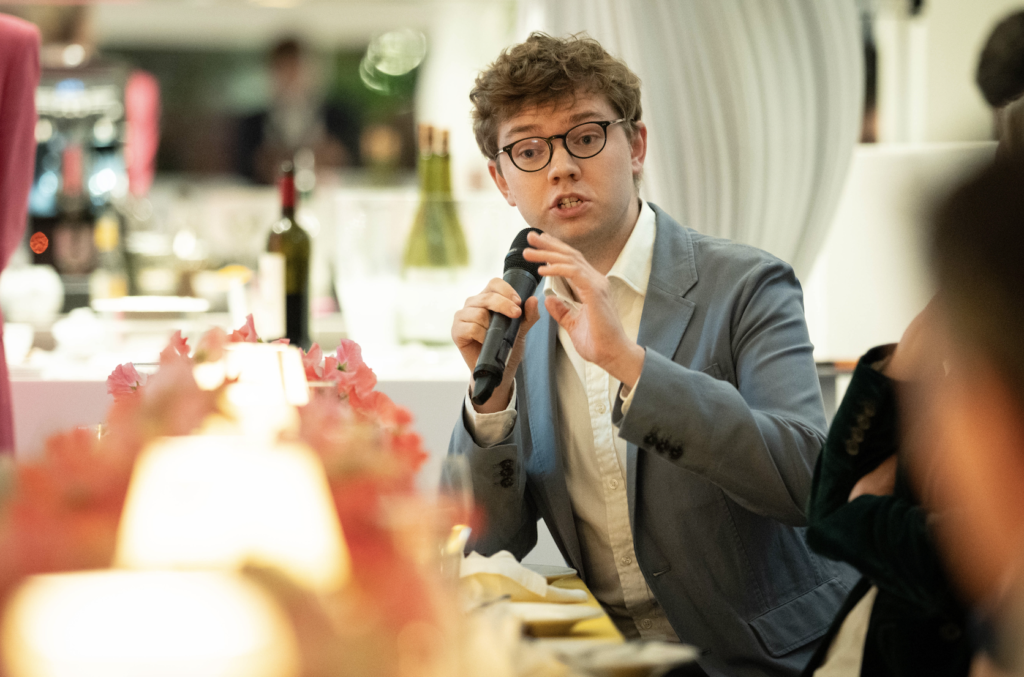
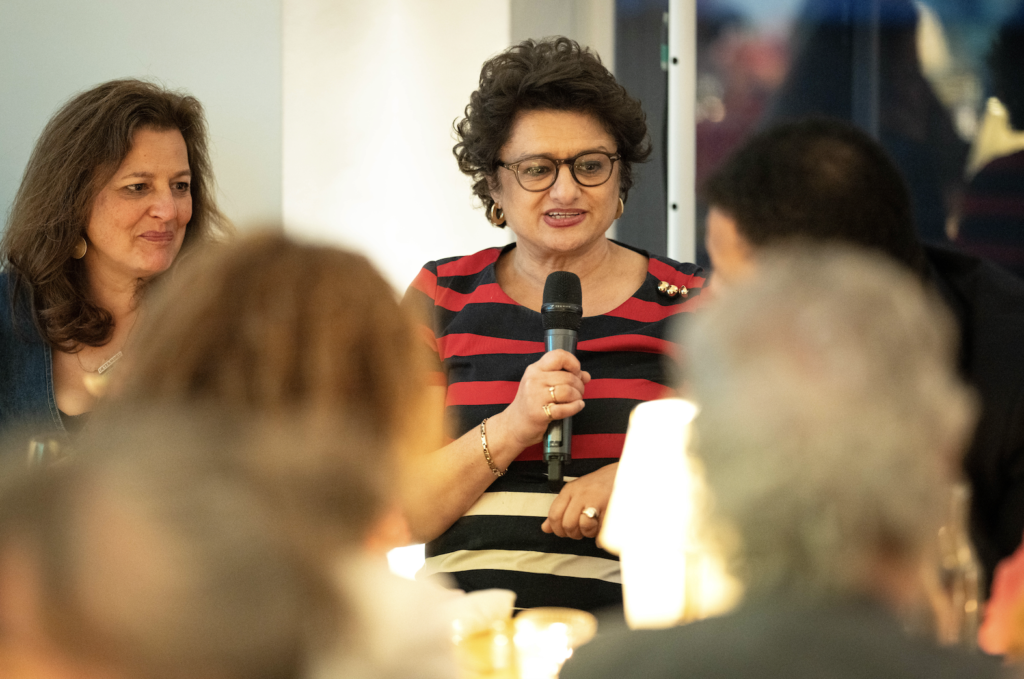
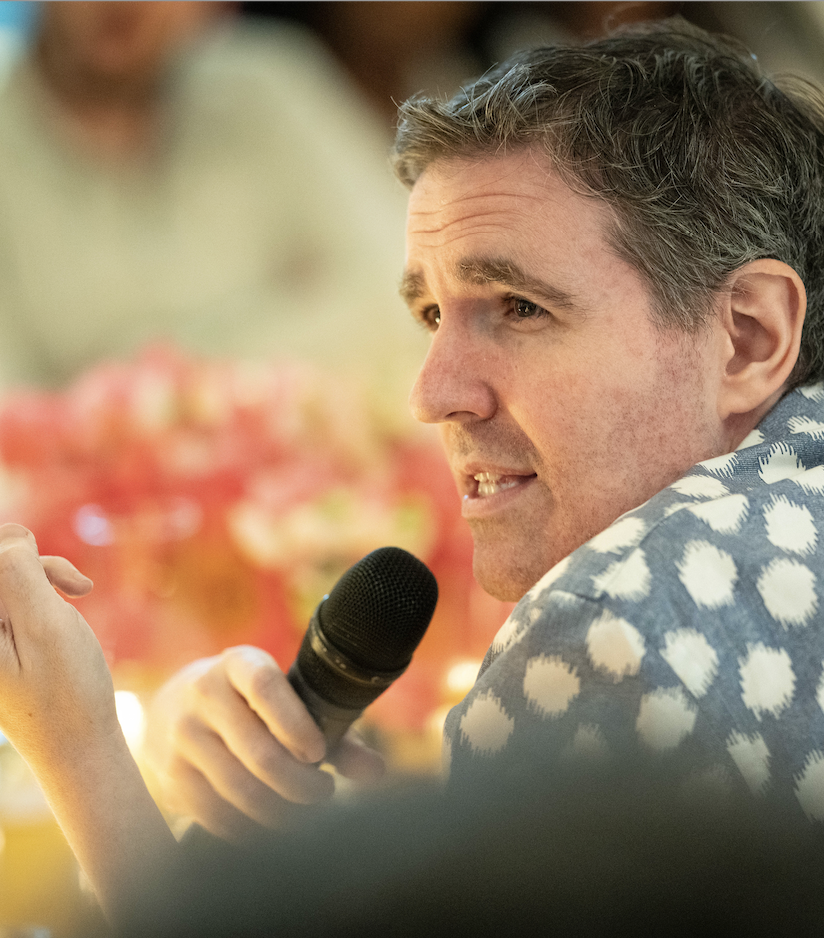
EDUCATION
- Creativity should occupy a place at the heart of the school curriculum. Creative education and creative skills need to be taken seriously and formally recognised in metrics of educational excellence.
- “The curriculum needs to be fundamentally altered to abandon the structures of separation: we must never teach mathematics separate from music, and we must never teach history separate from geography, separate from art. These things must be taught together.”
- The past should be curated, well-kept and looked after so that the present and future have a canon, a collection to learn from, a school to nurture for the future.
- “As a society, it is our mission to enable people with real talent, regardless of their background or status, to come through the system, to excel or to entertain, to touch and to amaze.”
